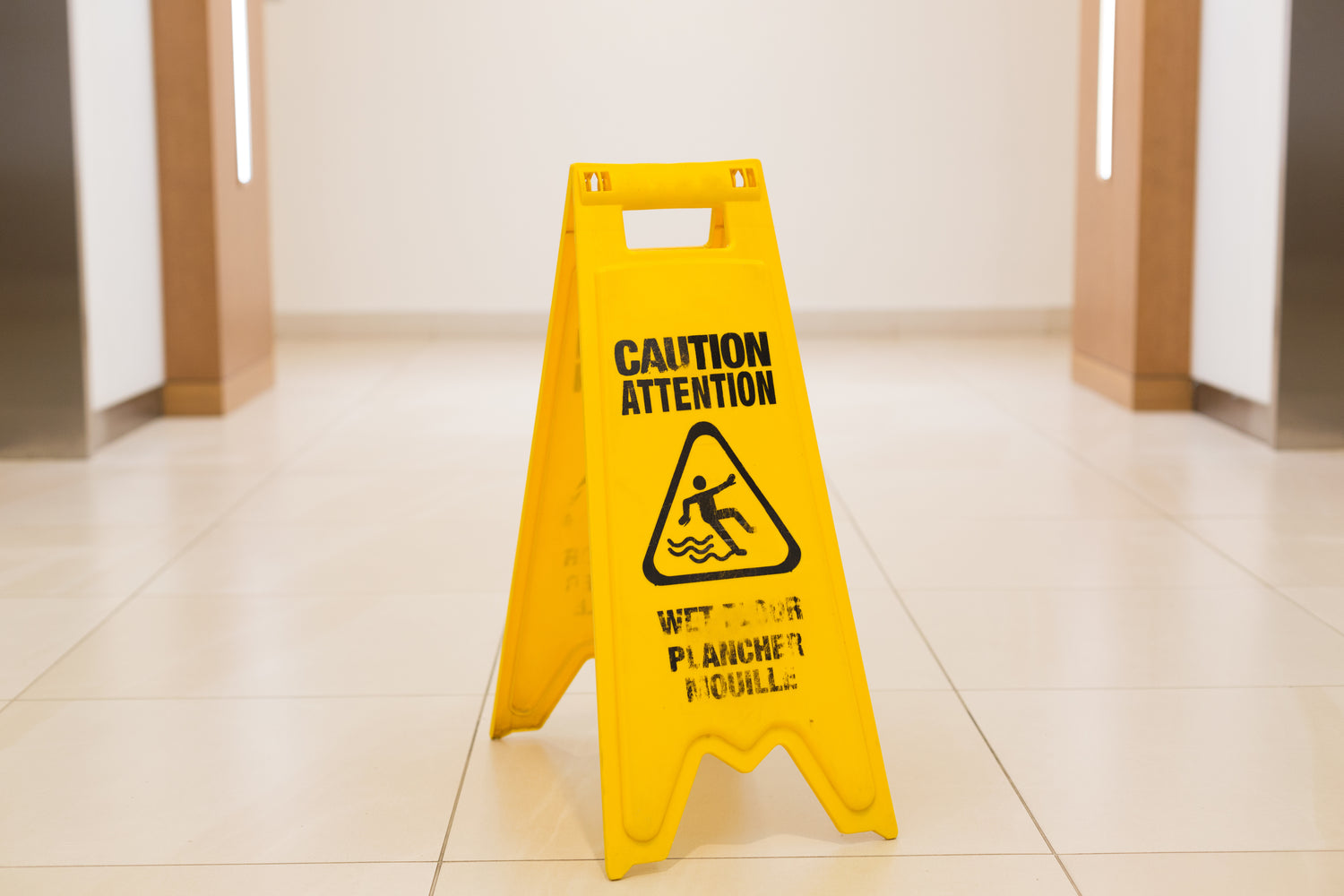RESOURCES

Helpful Tips
At SAFER USE, we are committed to providing harm reduction resources to those who need it. Our site offers a variety of tools and information to help individuals manage their drug use safely and reduce harm. Here are some of the resources available on our site
Sanitization
-
Tip 1
Learn moreSterile injection equipment. Always use sterile needles, syringes, and injection equipment to reduce the risk of infection and disease transmission.
-
Tip 2
Learn moreClean surfaces: Properly clean surfaces with a disinfectant effective against blood-borne pathogens to prevent infections and diseases.
-
Tip 3
Learn morePromote good hygiene practices, such as washing hands with soap and water before & after injecting drugs, to reduce the spread of infections and diseases.
Drug Treatment
-
Tip 1
Learn moreChoose evidence-based treatment like medication-assisted treatment (MAT) for effective drug addiction treatment for you or others around you.
-
Tip 2
Learn morePersonalize treatment plans to address individual needs, mental health conditions, and social issues contributing to drug addiction.
-
Tip 3
Learn moreFocus on long-term recovery with continuing care services, including counseling and support groups, to prevent relapse in the future.
Drug Use Unions
-
Tip 1
Learn morePrioritize harm reduction efforts, such as advocating for safer drug use practices and overdose prevention with others experiencing this battle.
-
Tip 2
Learn moreAdvocate for drug policy reform based on public health and harm reduction principles for others experiencing this battle for tomorrow.
-
Tip 3
Learn moreSupport community organizing efforts that promote drug user rights and reduce stigma around use and promote health and treatment.
Overdose
-
Tip 1
Learn moreLearn to recognize the signs of an overdose: Knowing the signs of an overdose and how to respond can help save lives for others around you.
-
Tip 2
Learn moreCarry naloxone: Naloxone is a medication that can quickly reverse an opioid overdose. It is available as a nasal spray or injection in many states.
-
Tip 3
Learn moreCall 911 in an emergency: If someone is experiencing an overdose, calling 911 can be a life-saving step. Stay with the person for emergency responders.
Reproductive Health
-
Tip 1
Learn moreGet regular reproductive health check-ups: Regular check-ups with a healthcare provider can help identify and treat reproductive health issues early.
-
Tip 2
Learn moreUse effective contraception: Contraception can help prevent unintended pregnancies and protect against sexually transmitted infections (STIs).
-
Tip 3
Learn moreAccess comprehensive healthcare services. Advocating for reproduction can help ensure that everyone has access to the healthcare.
COVID-19
-
Tip 1
Learn morePracticing good hygiene, such as washing your hands frequently and covering your nose and mouth when you cough or sneeze, can help prevent the spread
-
Tip 2
Learn moreFollow public health guidelines: Following public health guidelines, such as wearing a mask in public indoor settings and practicing distancing.
-
Tip 3
Learn moreCOVID-19 vaccines have been shown to be safe and effective in preventing severe illness and hospitalization from COVID-19.
